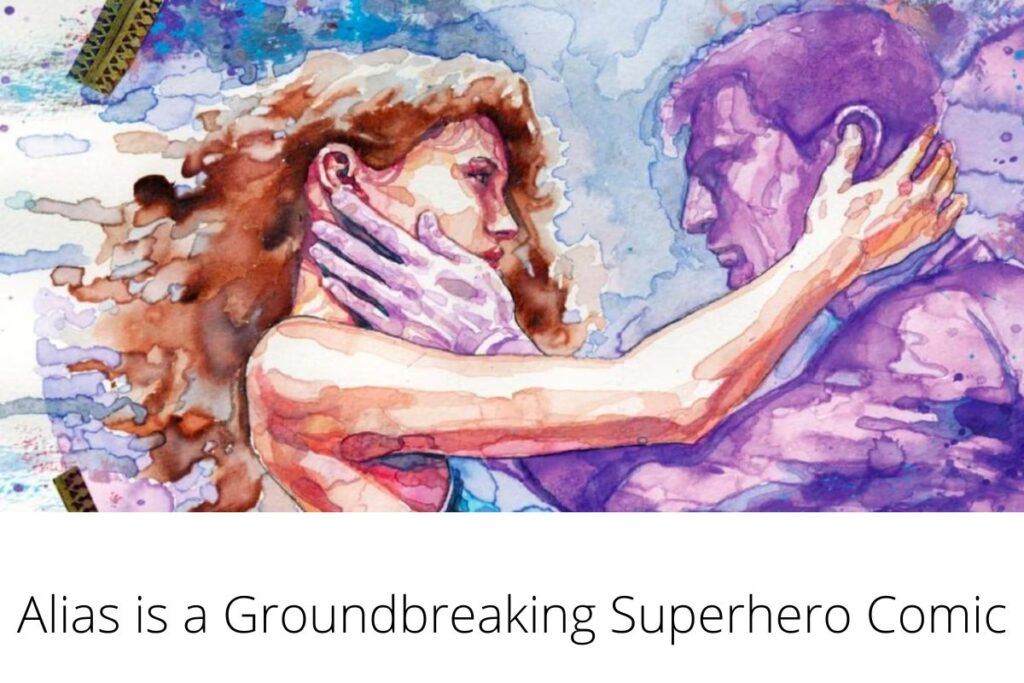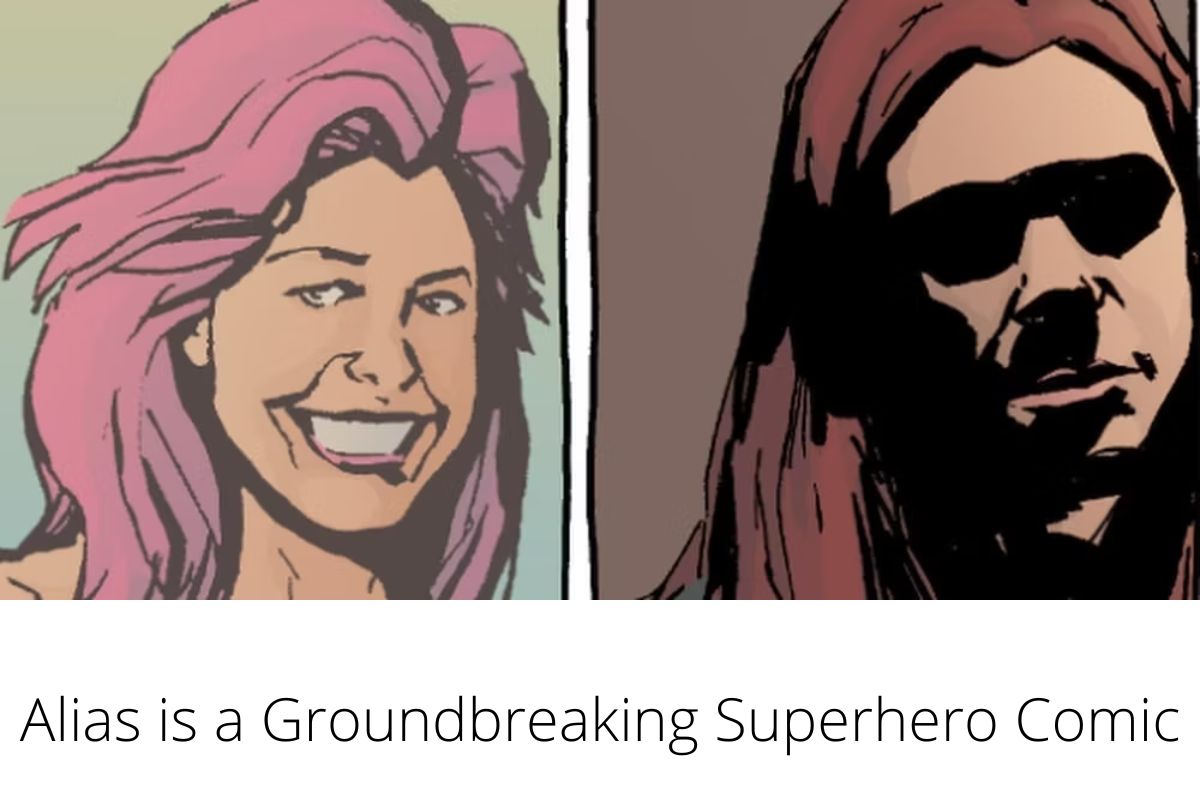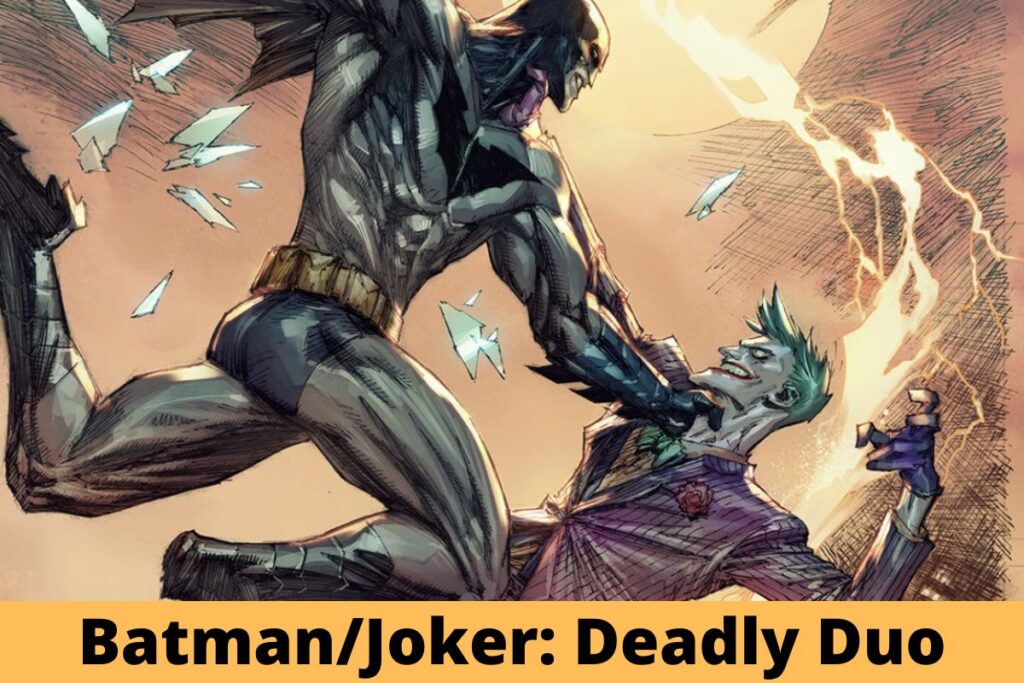Jessica Jones: Alias, created by Brian Michael Bendis and Michael Gaydos in 2001, was Marvel’s first installment of a new type of superhero. The MAX line, which contained more mature content, saw a groundbreaking 28-issue run that pushed the envelope for superhero comics.
In Jessica Jones: Alias, the title character worked as a private eye to right wrongs in the Marvel universe’s seedier underbelly while desperately trying to save her own life from collapsing. Jessica’s talents and resourcefulness helped her solve the problems her clients brought to her after her attempt at a career as a costumed superhero failed. The series’ realism complemented Bendis’ skill at creating realistic superheroes for the street.
Each story arc seemed fresh and original, making reading the series a thrilling experience. There were both gritty, conspiracy-heavy tales and heartfelt, small-town dramedies. Bendis was known for writing mysteries with surprising plot twists and a unique blend of superheroes and adult topics. The ambient art by Gaydos was a major factor in giving the series a unified atmosphere. The emotional beats he aims for in each scene are consistently hit, and his characters’ natural-looking reactions and expressions add to the sense of realism.
All the stereotypes of superhero stories were smashed by Bendis and Gaydos over the entire series. Jessica’s bold, no-nonsense personality more than made up for the lack of a classic superhero suit. The writers did a great job throughout the season of showing how her strong exterior masked deeper flaws.
In reality, Jessica had no idea what she was doing with her life, was deeply in debt, and felt trapped by her past. She dated Marvel heroes including Luke Cage, Scott Lang (Ant-Man), and Carol Danvers on and off throughout the comics. Jessica has powers, yet she still has regular people problems like everyone else, like being misled by customers.
That it was so realistic was a key part of the show’s success with fans of Jessica Jones. When Bendis’s genuine speech was combined with Gaydos’s adaptable page layouts, the result was discussions that flowed as naturally as they would in real life. The characters seemed to leap off the page and into your lap. Issue #15 of Jessica Jones: Alias included two masterfully written passages in which Jessica experienced genuine human connection. This Marvel issue deviates from the norm in that rather than focusing on heroics, the plot focuses on ordinary people going about their daily lives.
Postmodern and abstract covers by David Mack heralded the arrival of a Marvel comic unlike any other. Despite Jessica’s incessant cussing, the creative team was allowed to explore serious issues including prejudice and substance misuse. The reader was also privy to Jessica’s deepest, most personal thoughts and moments. There’s no denying that this was an intensely personal tale that allowed viewers to grow close to the show’s protagonist on a deeply emotional level.
For this reason, it was smart for the creative team to wait until issues 22 and 23 to reveal Jessica’s terrible history after readers had already become emotionally invested in the character. Unlike earlier arcs when Jessica helped clients with their problems, these two issues were told in flashback mode, totally centered around her. The cumulative effect of these harrowing episodes showed a past so traumatic that she desperately attempted to forget it. Expertly handled, this analysis of trauma has a direct thematic link to the series’ climactic arc, in which Jessica was forced to face her own personal demons.
During this dramatic high point, Jessica was struggling to overcome her lingering trauma from her abusive relationship with the Purple Man. The Purple Man’s terrifying appearances were matched only by the horrifying nature of his fourth-wall-breaking remarks, which revealed his dismissive attitude toward the audience and cast members.
The novel was an emotional roller coaster, taking the reader through the lows and highs of Jessica’s journey as she gradually freed herself from the painful cycle in which she had been trapped. An inspiring scene occurs when Jessica stands up for herself and refuses to put up with Purple Man’s abuse any longer. Rarely do superhero comics get as introspective as this.
It’s obvious that Jessica was a favorite character to write for Bendis after reading this series. Bendis kept writing for Jessica Jones after Alias ended. Bendis brought Jessica back for a second solo book and The Defenders after she appeared in Marvel’s Netflix Series. His colossal commitment to the role spanned a remarkable 17 years, with all of the shows in which she appeared eventually blending into a single epic.
The entire run of Jessica Jones: Alias was a tremendous success and did a fantastic job of introducing the title character to the Marvel canon. The series’ successful move to a darker tone provided viewers with a refreshingly unique Marvel adventure. There’s no doubt that reviving the Marvel MAX imprint would be a great move for the company, as it would allow for the publication of stories with mature themes that would be off-limits elsewhere.





